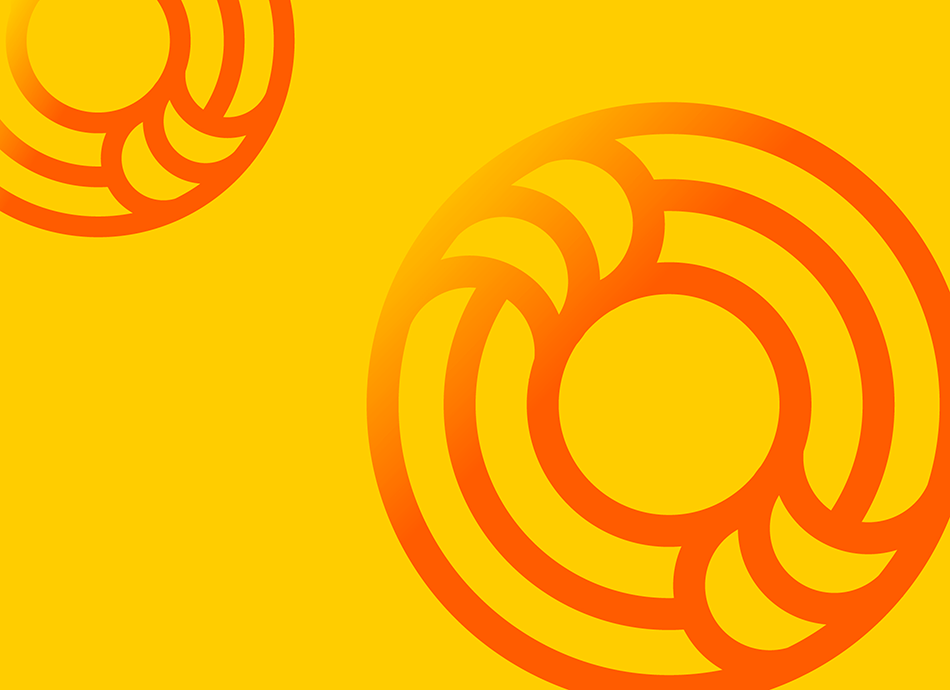Health professionals, as experts in their field, have a role in helping determine whether an app is credible and safe for patients to use. The following are suggestions of what to consider when prescribing an app or helping a patient decide on a useful app for their condition.
There are 3 main things to keep in mind when considering a health app:
- Is it credible and safe?
- Is it user friendly?
- Is it appealing and engaging?
Credibility – is the app credible and safe?
- Evaluate the content quality
- Does the app provide accurate information?
- Does the app make suggestions about changing medication or treatment plans without consultation with the person’s health professional?
- Is the medical content or advice offered by the app sound, safe and up-to-date?
- Does the app have the ability to handle 'dangerous' information entered by a patient, such as a low blood glucose level or suicidal thoughts?
- Assess the source (the most reliable health apps tend to result from collaborations among developers and health professionals)
- Does the app come from a legitimate source?
- Has it had input from health professionals?
- Is it sponsored or developed by a reputable organisation, university or health provider?
- Consider its New Zealand relevance
- Is the app suitable or relevant for New Zealanders?
- Most apps available from app stores are developed overseas and don't have a New Zealand focus. It's important that the recommendations within these apps are in keeping with New Zealand practice. Other aspects to look for are things like the option for metric measurements (eg, kilograms instead of pounds) and medications that may not be available in New Zealand.
- Consider privacy and security concerns
- Does the app have clear privacy guidelines on how data shared via the app will be stored and used?
- Does the app ask for permission to access unrelated information that may be used for advertising or other commercial purposes?
- Does the app require your credit card details before you begin using it?
User experience – is the app appealing and engaging?
Many health apps have low ongoing patient engagement. They may appeal to people initially, but fail to engage on an ongoing basis and usage often drops off after a few weeks.
- Is the app interactive?
- Does it provide feedback and options like medication reminders, data syncing, user control, data visualisation and exportation?
- Is it more of a glorified information pamphlet?
- Is the app visually attractive and appealing?
- Is it fun or entertaining?
- How likely is it that the app may engage and motivate the user to change their health behaviour/attitudes, increase their knowledge or improve/maintain the management of their health condition? Does it use game strategies or appealing animations to keep you engaged?
- When considering the appeal of an app, consider the app’s target audience, eg, an app viewed as easy by a teenager may seem fiddly and confusing to a smartphone novice. And what is appealing and engaging to one person could appear childish and patronising to another.
- Is there evidence of patient involvement and co-design in app development, such as collaboration with patient groups?
| To encourage patient engagement, the app should: |
|
|---|---|
|
|
Health apps don't need to provide a wide array of functionalities to be useful. An app that addresses a specific need of a patient can be effective and worth recommending.
User experience – is the app user friendly?
- Is the layout simple, clear and well designed? Or cluttered and confusing?
- Is it easy and intuitive to learn how to use? Does it have long lags or technical bugs?
- Is the app’s language and information suitable for the target group your patient belongs to? If local, does it include te reo Māori and other language options?
- How much data space will the app take up on a smartphone or tablet and/or how much mobile data will it require to run?
- Does it require the internet to use its core features?
- Does it have ongoing costs or charges?
- Does it have advertising? Is the advertising intrusive and distracting?
- What are the reviews and ratings of the app on sites that you trust? Generally in app stores, review scores are aggregated and used to determine an overall score for the app. Usually the higher the score an app gets, the more people liked it. This is often fuel for the thriving trade in fake reviews.



